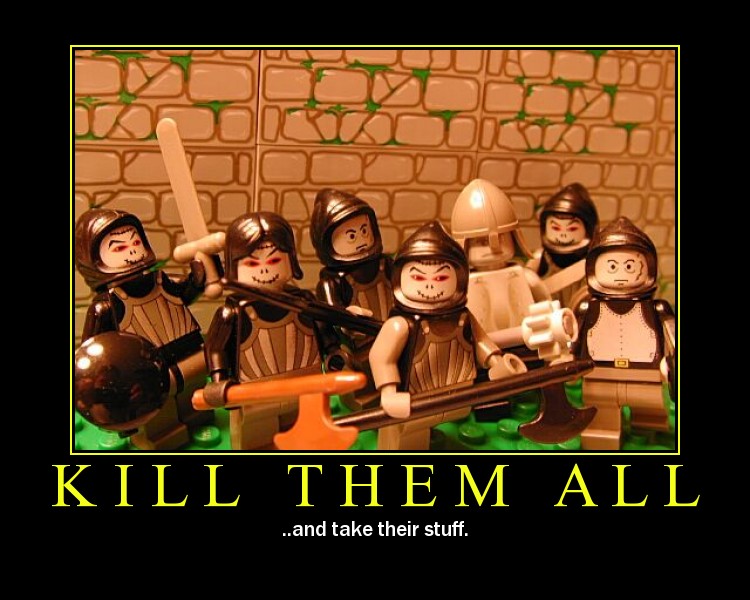On
14th November 2014, I kept it very short - just nine characters in fact: DID GOD DIE?
I would like to follow up on that question now, because it feels very connected to me to the Ephesus and Chalcedon decisions about Mary and her relationship to Jesus as very God. Quick recap: Mary is "officially" (and that is pretty synonymous of orthodoxically at this time) the
Mother of God, and the reason behind that declaration is to do with the indivisible nature of Christ's hypostatic union, fully man and fully God, one person, that is, one
hypostasis. These council decisions, like all the councils, were made in the context of dispute and uncertainty within the church, and a need for an orthodoxy to emerge in this or that central issue. It was very important for them to realise that we cannot allow in a type of thinking about Jesus that allowed us to play games with his divinity.
I recently participated in a training course where the question of the Holy Spirit took central stage for a while. The participants in the discussion had - what seemed to them - very opposing views about the Holy Spirit. What is baptism? What is filling? Are they the same thing? Do they occur at conversion? None of these questions were of that much significance at the time that the Trinity was made official, and likewise, the triune God is probably less of a burning issue (despite its so-called revival) than the Holy Spirit right now. I look to this example as it helps me understand an important aspect to the creeds' development. The issues they resolve are the issues of the day. There are many other issues that these main councils do not consider, that hundreds of other more local councils have deliberated over the centuries (and even during the ecumenical council period, see Toledo III for example as an historically very significant council).
So when I consider the question DID GOD DIE, I am reassured that this was possibly not such a central issue for the church in relation to the question of Christ's divinity, as it might seem to me now, or to other reflective individuals researching the doctrines. Perhaps for many, the issue is solved by
Theotokos. That is to say, quite simply, YES, God did die on the cross. Kind of. But not the Father and not the Spirit, although in true inseparability-of-operations style, they were utterly involved in this work.
The questions that spew fourth from this statement seem even more bountiful than the dyothelite conclusions (Jesus has two wills that can differ):
If God died, who raised Jesus? I found in my main research project, that this is one of the strongest distinctives applied, especially by Paul, between Jesus and God. There are more than two dozen passages that simply state that: God raised Jesus. This constitutes a strong biblical statement, but we hesitate to say it this way because the triune eternal God seems compromised this way. For my part, when I see multiple occurrences like this, I am not merely counting them - look, look, there is one more! Much more worthwhile, is a different pursuit where we can see ourselves trying to reconstruct 1st Century THOUGHT. God raising Jesus is in the apostles' MIND, and it is out of these (God-inspired) minds that they taught and they wrote, much, much, much more than what we have access to today.
Or was the hypostatic union broken for three days? This should be considered a very dangerous proposition by trinitarians. It seems likely to me that this could be exactly the kind of thought process behind the
Gospel of Peter's [check] rendering of the death of Jesus.
Or was the Trinity broken? Stripped back from 3 to 2? Perhaps even earlier than the death of Jesus, for God "forsakes" his son as he bears the sin of the world. Obviously not...
So did Jesus die in the flesh and his spirit live on as implied by 1 Peter 3:18-22? He did after all say to the robber that he would see him that day in Paradise, and of course there was all the preaching to do in the dungeons of those taken out by the flood in Noah's time, so surely that was a way in which the Divine Son did not in fact require bodily raising, because he was at work during the three days. But if that were the case, then when did he die?
Or was the hypostatic union preserved during these three days? It seems there might be a torturous way through here. If Jesus died and his death was total and real, as indeed the scriptures testify in the bodily sense (blood and water), it need only be in the sense that death is real for any human being's body. The robber's life also goes on beyond the grave to meet Jesus that same day in Paradise. So, in this understanding, the triune incarnate God did suffer death, while it experienced no break in living either. The death was assured by the physical death of the Son's incarnated body, and the continuity assured by the ongoingness of the human spirit, to both Paradise, where he was to meet the robber, and to the realm of the dead to preach.
If this is more or less consistent, then it requires a different perspective on "death" and a different perspective on "incarnation". The second is the trickier of the two, because of the roots of the word incarnation, something a bit like: en-fleshing. But if this version is accurate, then we should be asking if the incarnation could actually be re-clarified as
en-humaning, taking on not just a human body, but also a human spirit.
Follow-up post: Moltmann's perspective in Crucified God.
Follow-up posts: The whole shebang, a fully deified christology.







